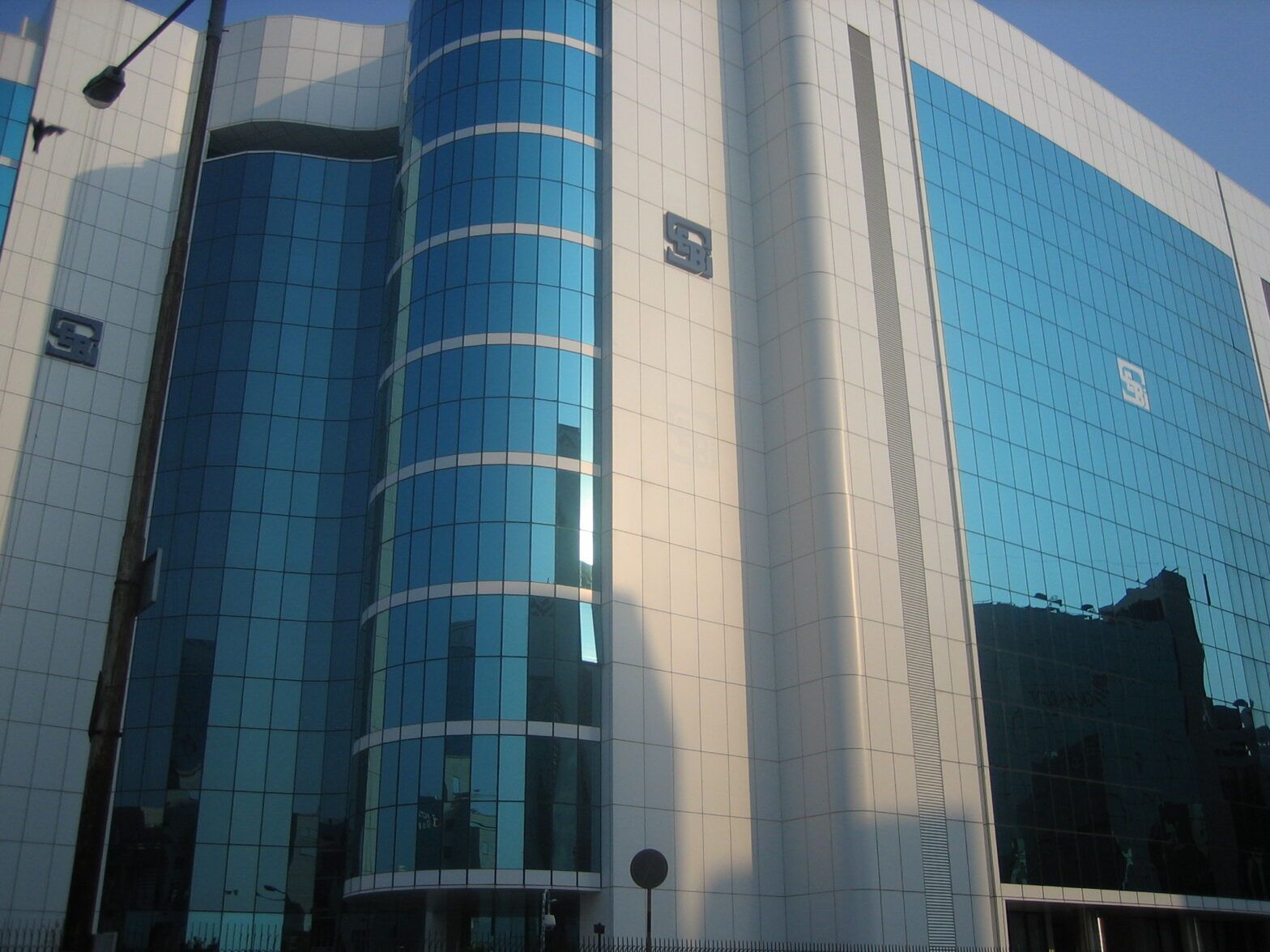The Securities and Exchange Board of India (Sebi) is upping its requirements of ESG funds in a bid to clamp down on greenwashing and the risk of mis-selling.
Last week, the regulator approved a host of new measures for ESG funds, including requiring them to invest at least 65% of listed entity AUM in companies that meet its new disclosure requirements.
These new disclosure requirements form what the regulator is called BRSR Core, updates to the Business Responsibility and Sustainability Report regime introduced in 2021, and apply to the top 150 listed companies from 1 April this year. They will be gradually rolled out to the top 1,000 listed companies by March 2027.
In addition, supply chain ESG disclosure is required from the top 250 listed companies on a comply or explain basis from April 2024.
As well as investing in companies “where assurance on BRSR Core is undertaken”, ESG funds must also disclose their ESG voting decisions, fund manager commentary and case studies on how their ESG strategy is applied.
At the moment, mutual funds can only have one ESG scheme, but the new measures also include the ability to launch multiple schemes based on ESG-related factors.
Regulating ratings agencies
Further to these rules, Sebi is looking to regulate ESG ratings agencies, who will be required to consider ESG factors and provide a “core ESG rating” based on the BRSR Core guidelines.
It has also approved a framework for rating providers, which requires them to provide more transparency over their ESG ratings, uses assured data and includes transition finance. It is aimed at reducing the conflict of interests between ratings providers.
“SEBI Bhavan” by Jimmy vikas is licensed under CC BY-SA 3.0.





